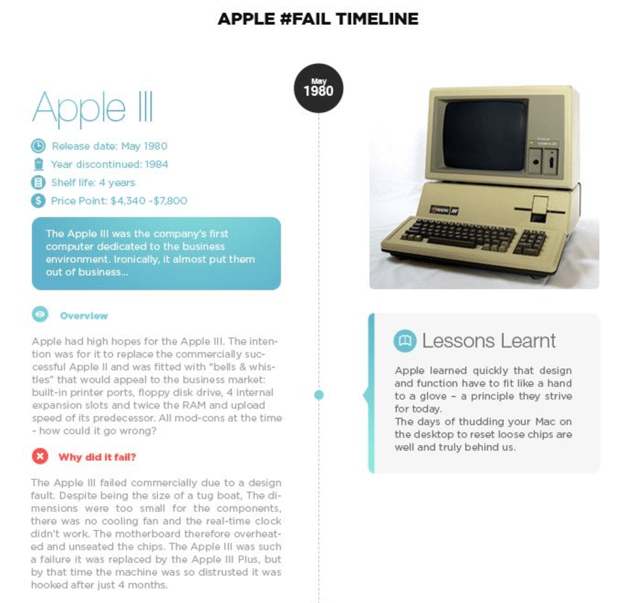
Posted By Kathy Wilson on March 29, 2017
Tier One has the good fortune to be co-headquartered in Massachusetts, a state that consistently tops a variety of lists that measure innovation, such as the Bloomberg US Innovation Index and the Milken Institute's State Technology and Science Index. Boston even briefly had an “Innovation District,” a moniker our government officials eventually discouraged, perhaps fearing it was pejorative to all the great companies located outside of that specific city ecosystem.
The headlines surrounding these new innovation reports recently got me thinking: what does innovation mean in today’s business world? And what about businesses in industries outside the worlds of technology and science that are often used as the measuring sticks of innovation—can those companies be innovative, too?
I think the answer is yes: Innovation doesn’t discriminate. It’s a “more-the-merrier” party our country vitally needs to continue to be competitive on the global stage.
So what are the traits of today’s innovative company? Here are our thoughts on five common traits of companies that are leading today’s new world of innovation:
1. Innovative companies are constantly reinventing themselves.
It’s not just startups that drive innovation. GE (newly relocated to Boston) is a great example of a large corporation that still pushes the envelope across all of its entities. GE has survived 22 years on the Fortune 500 list, while other stalwart companies like Chubb, Kraft, and Safeway have fallen off.
GE is reclaiming its heritage as an industrial giant today, only this time positioning itself with new relevance as a “digital/industrial” company. GE is embracing data and analytics as key drivers to transform its operations globally, and working to play a key role in advancing trends like the Internet of Things.
As GE CEO Jeff Immelt commented in this McKinsey interview, “You think about a jet engine today or a locomotive or an MRI scanner. A new jet engine might have a hundred sensors on it. These sensors have the capability to take continuous data about the heat of an engine, fuel consumption, the wear of the blades, the environment it’s taking off in—a series of things. And one flight between New York City and Chicago produces a terabyte of data… So industrial companies are in the information business whether they want to be or not…We want to treat analytics like it’s as core to the company over the next 20 years as material science has been over the past 50 years.”
2. Innovative companies aren’t afraid to try and fail.
A “first, prove it’s going to work” mentality is the death knell of creativity (and innovation). Innovative companies encourage their employees to think creatively and take risks, regardless of being certain whether or not an idea will ultimately be successful.
I love this infographic from Cult of Mac that takes readers down a memory lane’s worth of epic Apple fails – along with the valuable lessons the company learned from each that helped contribute to its huge success today. Here’s just one example; I highly recommend you peruse the whole post as well:

As Albert Einstein said, “Anyone who has never made a mistake has never tried anything new.”
3. Innovative companies are data-driven.
Innovative companies can be both data-driven and creativity-focused. Smart organizations today do the in-depth upfront research to understand their buyer personas and craft product and marketing strategies accordingly.
For instance, Tier One client Fluent is a college marketing agency that works with major brands to understand and engage college Millennial and Gen Z audiences nationwide, both on- and off-campus. Innovative consumer brands know traditional marketing techniques like ads are less effective with these hard-to-influence buyers, so they partner with Fluent to develop strategies and experiences that help companies connect in a hyper-personalized way that’s specific to this generation. Fluent is an innovator itself, having identified a critical business opportunity no other company was filling and relying on the power of data-driven insights combined with the right mix of online and offline capabilities to help its customers achieve key business goals.
4. Innovative companies know the underdogs can sometimes be the top dogs.
It’s no longer just leaders who drive innovation. Now, every startup on the scene has the potential to challenge the status quo and turn an industry on its head.
For instance, who would have even thought of building a better mousetrap when it came to taxi service before Uber appeared on the scene in 2008? Today, this once-underdog company that started as an app to request premium black cars in some cities has helped pioneer the shift towards the sharing economy. As Uber says, “Whether it’s a ride, a sandwich, or a package, we use technology to give people what they want, when they want it.” Now, top dog Uber is watching its back as Lyft, Fasten, and other competitors race onto the scene, each with its own tweak on the ridesharing model.
5. Innovative companies know it takes a village (or a cult).
Innovative companies understand the value of creating an army of employees who all feel invested in the company’s success. Inspired employees are the most powerful brand ambassadors, helping to spread the word about a company’s mission and differentiators, recruit other top talent, and contribute significantly to customer satisfaction. Gallup’s annual employee engagement assessment continually affirms the connection between employee engagement and corporate KPIs, including customer ratings, profitability, and productivity.
Innovative companies are onto this trend. Here’s a fun Fast Company read about some recent employer campaigns that put the spotlight on their internal work cultures.
The opportunity to work with challenger brand organizations to drive innovation and build market leadership is what gets us at Tier One out of bed in the morning. So here’s to the innovative companies of all size – may they continue to thrive and lead by example as they deliver new solutions to a variety of emerging business and consumer needs.

Kathy Wilson
Kathy Wilson is a Co-founder and Managing Partner at Tier One, where she leads the agency's Boston office and serves as a strategic client counselor. She taps her three decades of experience in B2B and B2C technology, digital healthcare, and financial services — including work counseling major brands like SAP, Citrix, Ultimate Software, GHX, and Ally Financial — to help clients meet critical business and marketing objectives. Kathy is a die-hard Red Sox fan and loves nothing better than a summer day at Fenway Park.


